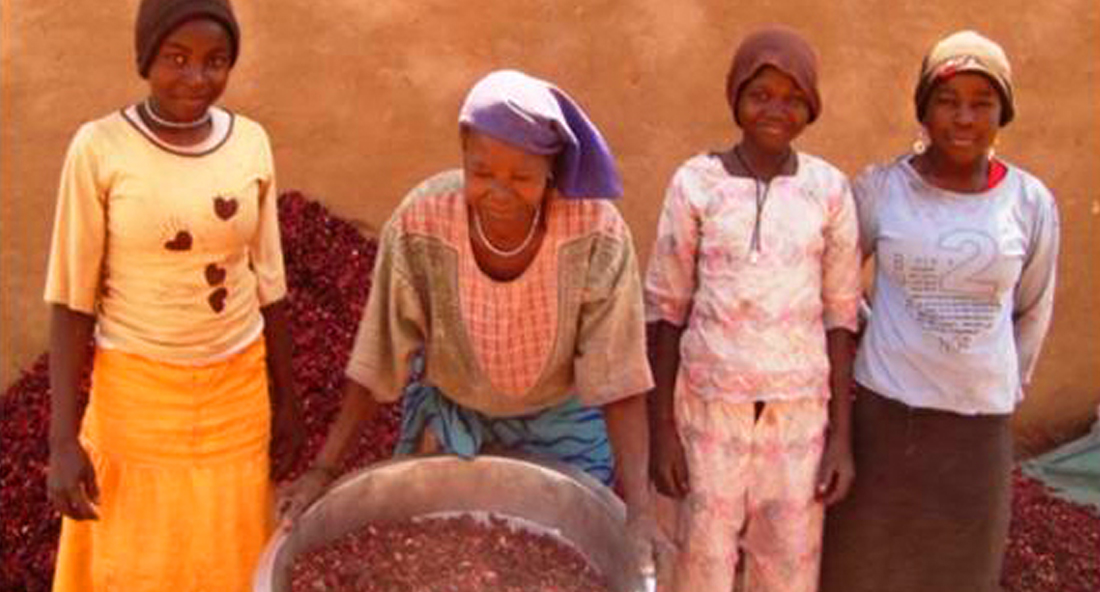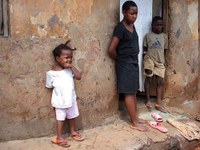“These children will never have had a present all of their own without any sexual favours being demanded of them.”
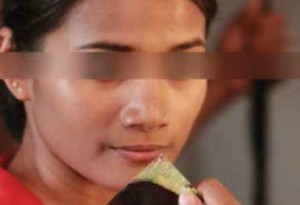
(Stock image)
There’s a reason we can’t share the faces of our most recent recipients in Cambodia. These are girls in a ‘safe house’, where many were once sold into prostitution and have escaped or been rescued from slavery. Others have been gang raped and needed somewhere safe to start again.
Now living together in a safe compound, some can hardly remember a time when they weren’t owned and abused by someone else. “The centres have girls as young as 4,” wrote Stella, a visiting teacher delivering goods on behalf of Crossroads Foundation.
Over recent years, we have sent carryout goods like educational equipment to this sparsely resourced Cambodian centre, as staff seek to love, support, rehabilitate and train the girls for a brand new life. We thought of them when we had a recent offer from a Hong Kong freight forwarding company: a container of beautiful new fluffy seal toys, unable to make it to their destination in time for the holidays. At first we were unsure of how we would find homes for these 45,000 now orphaned seals but once we put the offer to our partners, we were overwhelmed with interest from over thirty two NGOs wanting to accept some!
“It broke my heart to see how very, very happy and excited they were to receive a seal,” wrote Stella, after distributing them amongst their rescued women. “Some of them carried their seal around with them for the rest of the day, eating their meals with their seal on their lap, dancing and holding their seal….”
We sent 500 seals for distribution among other children at risk of sex trafficking in Cambodia and will be sending a further 2,500, later this year. Many more of them were given out to groups in Hong Kong working with people in need. We saw them distributed in elderly homes, women’s shelters, a soccer club for disadvantaged young people, children in foster homes and kindergartens and others in low income areas.
One shelter for domestic helpers in crisis wrote, “Our job is not just to provide them with physical shelter and food, our job is to make them feel loved and cared for too. Receiving a cuddly toy like this demonstrates that there are people out there remembering them and wanting them to feel happy – the seal is thus a symbol of empathy and concern (as well as looking quite cute!!).”
Wherever they ‘swam’, the little seals brought happy, smiling faces and so much joy and thankfulness. They’ve reminded us once again that even the smallest gift can bring a powerful message of love and care.

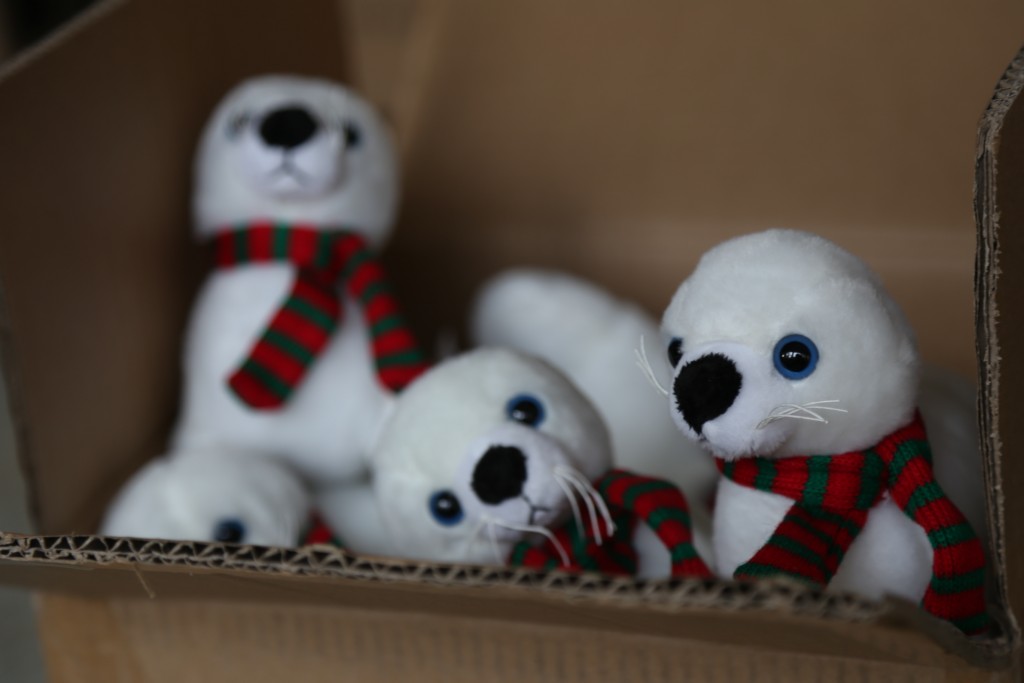
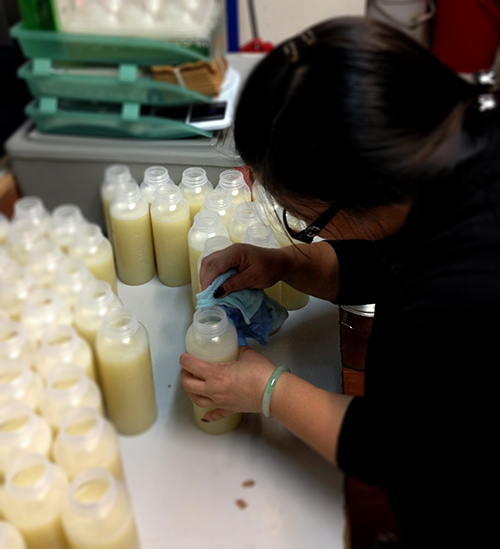
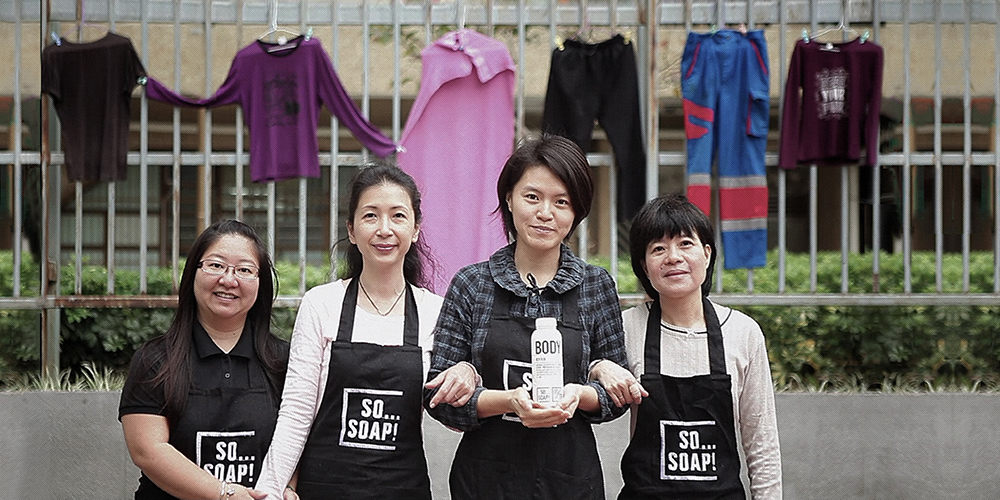
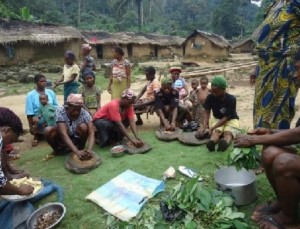 “It was not that they did not have the food needed for a healthy diet,” one NGO staff member told us, “but that they did not know how to go about it.” After running seminars on food and nutrition (left), they saw the women eagerly learn what kinds of proteins and vegetables would give their children a balanced, healthy diet. Now, families in these Cameroonian villages grow beans and smoke fish to eat with their plantains and grind peanuts into paste for a nutritious, protein rich food, even growing enough to sell at market. It’s basic knowledge that has revolutionised the health of the community, meaning less sickness, fewer children dying early, and women better empowered to take care of their families.
“It was not that they did not have the food needed for a healthy diet,” one NGO staff member told us, “but that they did not know how to go about it.” After running seminars on food and nutrition (left), they saw the women eagerly learn what kinds of proteins and vegetables would give their children a balanced, healthy diet. Now, families in these Cameroonian villages grow beans and smoke fish to eat with their plantains and grind peanuts into paste for a nutritious, protein rich food, even growing enough to sell at market. It’s basic knowledge that has revolutionised the health of the community, meaning less sickness, fewer children dying early, and women better empowered to take care of their families.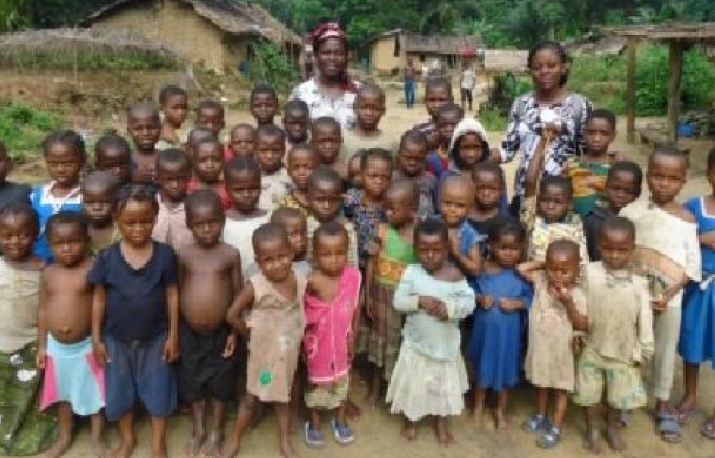
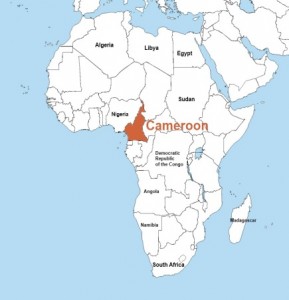
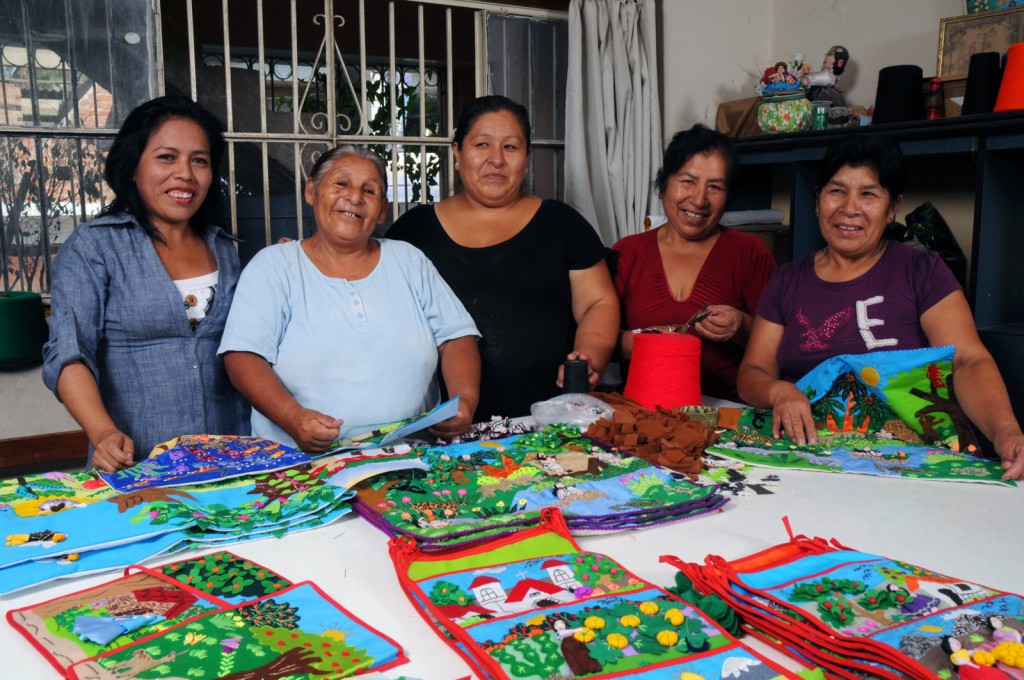
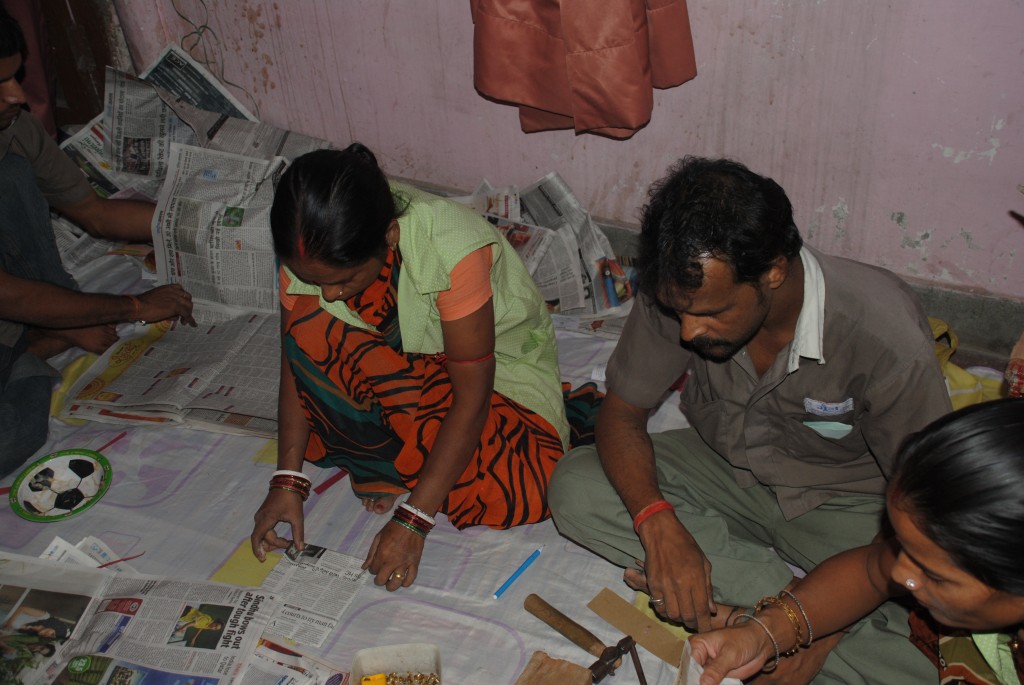
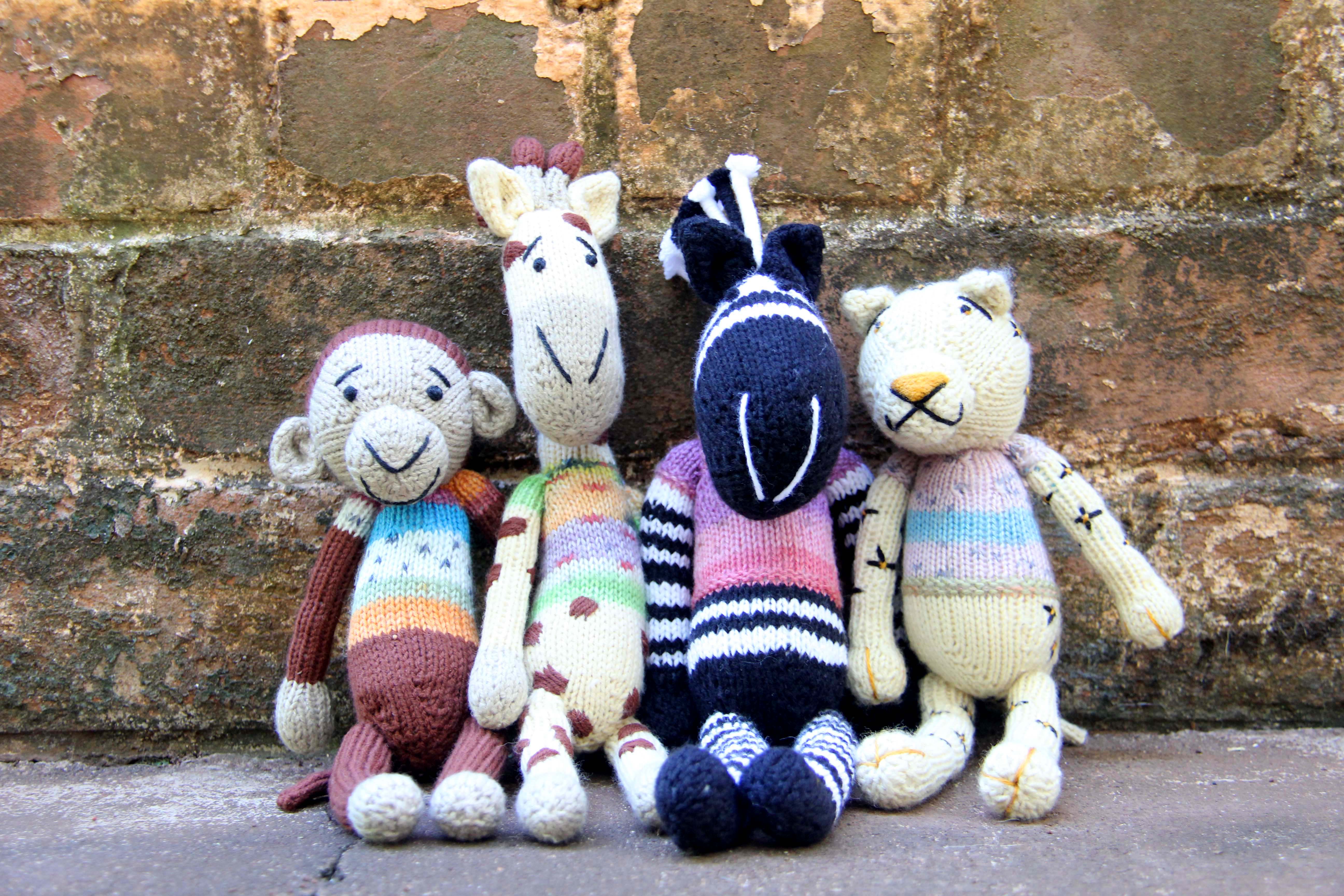
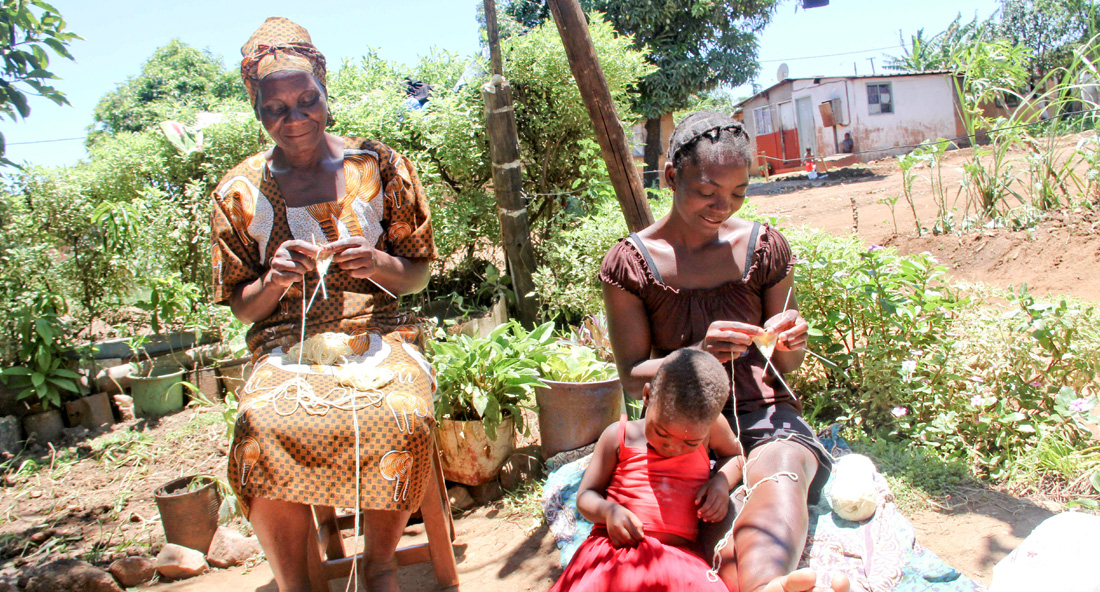

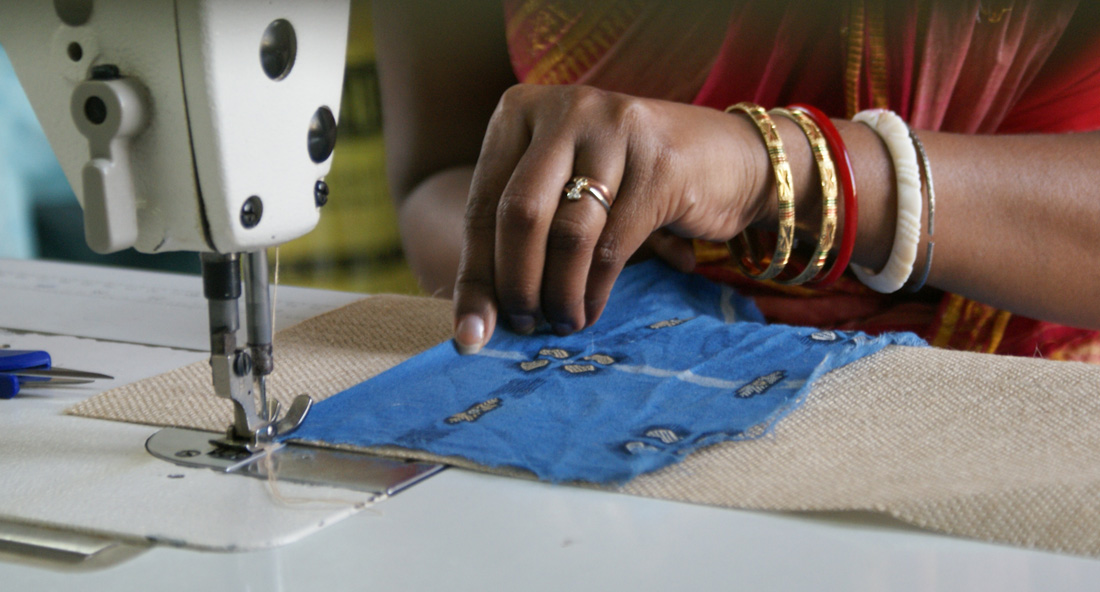
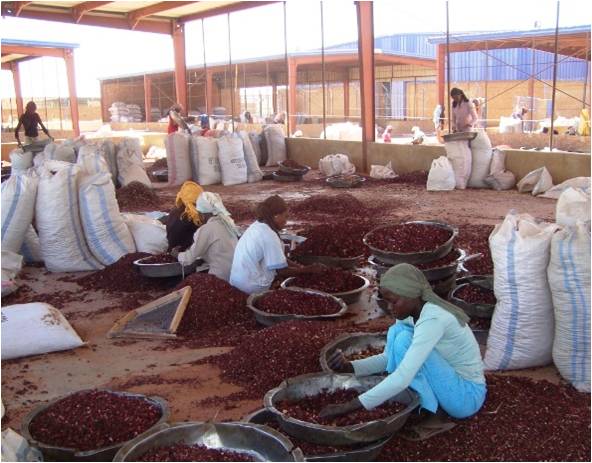 It was a situation calling out for a Fair Trade overhaul.
It was a situation calling out for a Fair Trade overhaul.